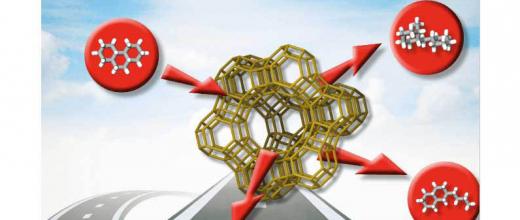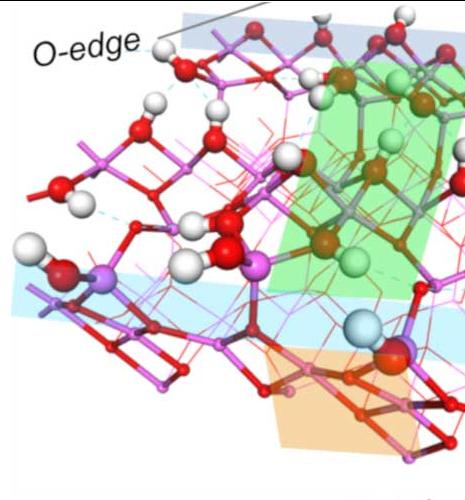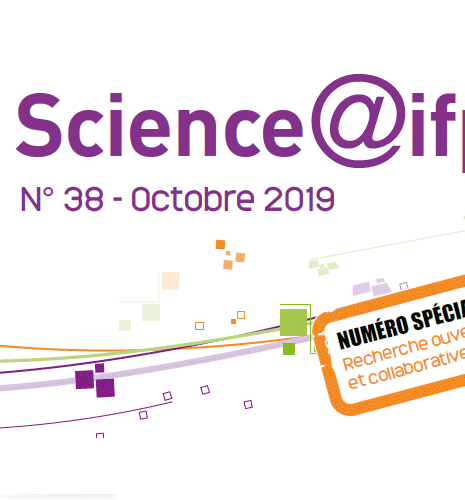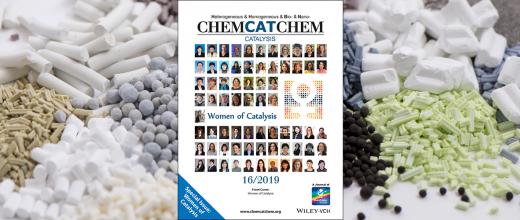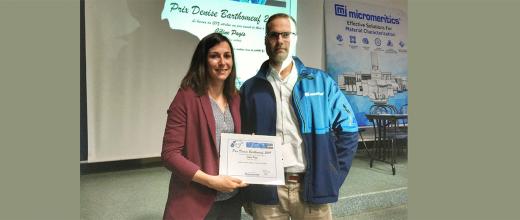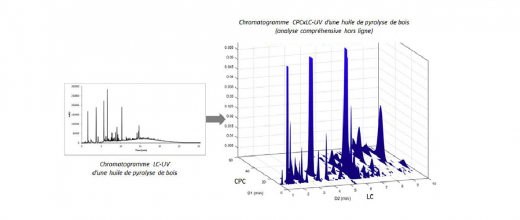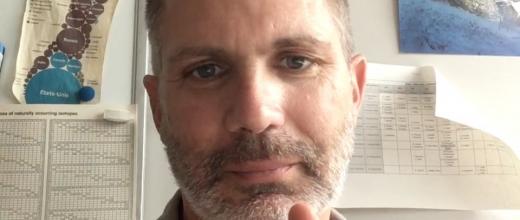
Individual page
Charles-Philippe LIENEMANN
Charles-Philippe Lienemann - Scientific Advisor at the Physics and Analysis Division
Charles-Philippe Lienemann graduated at the University of Geneva (Switzerland) in 1993. He then joined University of Lausanne (Switzerland) within the group of D. Perret and Prof. J-C. Bünzli for his

News in brief
In situ characterization of the genesis of the active sites of hydrotreatment catalysts by X-ray Absorption Spectroscopy
Meeting environmental standards governing the sulfur content of oil-based fuels hinges around the optimization of hydrotreatment processes (HDT), involving, in particular, the development of more

News in brief
Multiplying analytical dimensions to identify bio-based molecules
IFPEN is actively involved in the development of innovative processes for the conversion of lignocellulosic biomass into bio-based fuels and molecules. However, in chemical terms, the products
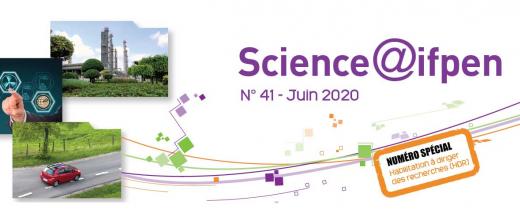
News in brief
Study of packings for natural gas treatment and CO2 capture columns (HDR 2019)
Employed in certain treatment equipment, such as industrial gas purification columns, structured packings are ordered stacks of corrugated metal sheets that promote contact between the gas and a
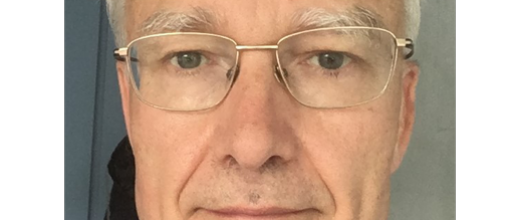
Individual page
Jean-Charles DE HEMPTINNE
IFP-School Professor / PhD Chemical Engineering
Jean-Charles de Hemptinne graduated from the Katholieke Universiteit Leuven in 1985 with a Chemical Engineering degree followed by a PhD in Chemical Engineering from MIT. In 2000, he defended a thesis
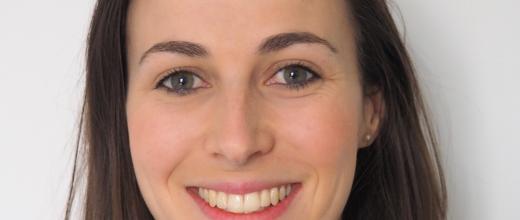
Individual page
Céline PAGIS
Research Engineer in Heterogeneous Catalysis – PhD in Material Sciences
Céline Pagis completed a MSc degree from the engineering school of Centrale Marseille in 2015. In 2018, she received her PhD in Material Sciences and Catalysis at IRCELYON and IFP Energies Nouvelles
Individual page
Damien HUDEBINE
Research Engineer
Damien Hudebine obtained his degree in Chemical Engineering (ENSIC) in 1999 before completing his PhD in the kinetic modeling group of IFPEN in collaboration with ENS Lyon until 2002. He then joined

News in brief
In trickle bed reactor simulators, hydrodynamics count!
Improvements in chemical processes are regularly achieved as a result of the introduction of new internal geometries within reactors. Conventionally, fixed bed reactor models use an overly simple

Individual page
Gerhard PIRNGRUBER
Gerhard Pirngruber
Research scientist, Project Leader
Research scientist, Project Leader
I studied Technical Chemistry at the TU Vienne, Austria (1990-1995). After my graduation I moved to Twente University, Netherlands, as a PhD student (1995-1999). Under the supervision of Prof. Lercher
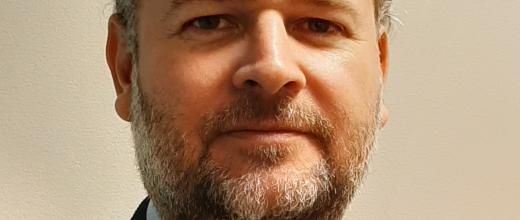
Individual page
Carlos NIETO-DRAGHI
Research Engineer / Project Manager
Carlos Nieto-Draghi (b. 1975) completed a Chemical Engineer degree at the Simón Bolívar University (Caracas, Venezuela) followed by a DEA and Ph.D. in Chemical Engineer and Processes at the Rovira i



